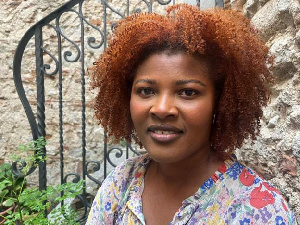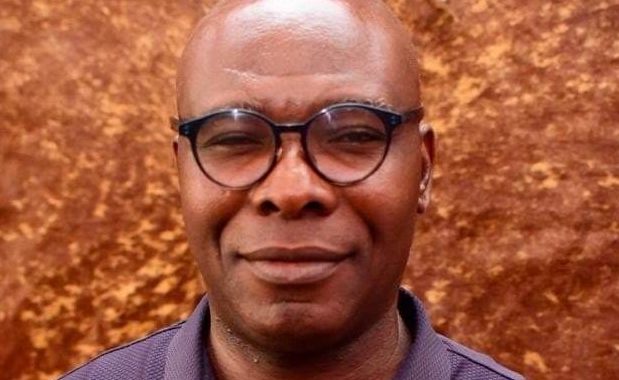‘It was 50:50 whether I lived or died in the desert’ – Young Nigerian woman

It’s easy, too, to get lost in the sandstorm of statistics: the tens of thousands of arrivals on Italy’s shores, or the estimated 2,000 people who have died crossing the Mediterranean already this year.
In a week of reporting from southern Italy on migration, though, it is the personal stories, the fear and the hope, the tragedies and the triumphs, that stand far above anything else.
Take, for instance, Tessy, a young Nigerian woman who made it to Italy 15 years ago. She almost broke down as she told me about her journey to Europe.
She spent 10 days stuck in the Sahara desert, almost out of food and water. It was 50:50 whether she lived or died, she said.
Now, she is married, and happy, helping newly arrived migrants and refugees to settle into life in Italy. But, Tessy said, she would never advise her 21-year-old self to make that sort of journey.
Or what about Anicet, an Ivorian woman I met outside a reception centre for migrants in Crotone? She said she had been sold into slavery in Tunisia, and described beatings and rapes as commonplace for women making their way to Europe.
Men told me they had been imprisoned in Libya, and beaten, until they paid ransoms.
The physical and psychological scars will take a long time to heal.
In time, though, all those who make what is one of the world’s most dangerous journeys hope that they – like Tessy – will be able to settle in to a better life.
Source: bbc.com





